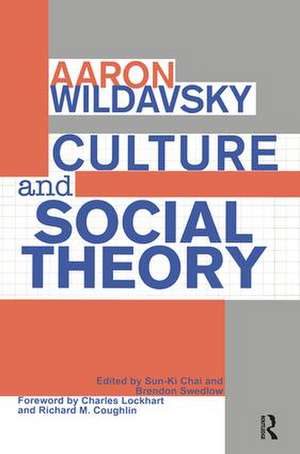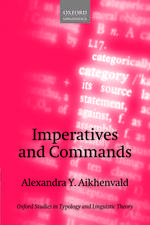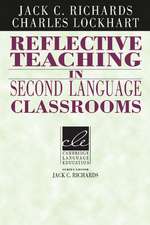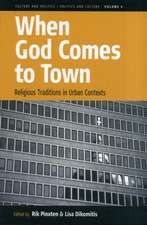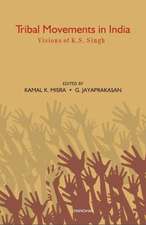Culture and Social Theory
Autor Aaron Wildavskyen Limba Engleză Paperback – 6 feb 2018
In the first section, he shows how social scientists, particularly economists and sociologists, apply the theory. Wildavsky argues that concepts such as externalities, public goods, altruism, and even risk and rape are tools of rival, ubiquitous cultures engaged in perpetual struggle with one another. The second section deals with cultural theory as a way to interpret the works of normative and analytic political philosophers, including Thomas Hobbes and John Stuart Mill, on competing human objectives. Wildavsky argues that particular types of interaction among a society's cultures are necessary for effective realization of basic concepts such as democracy. In the third section, Wildavsky applies cultural theory in conjunction with instrumental rationality, the former as a theory of preference formation, the latter as a device for realizing preferences efficiently. High-priority objectives, and thus the character of norms and rational action, shift across cultures. The world and its various elements comprise a complex, frequently changing, and thus ambiguous reality, nowhere more so than in the dynamic contours of the United States. For cultural theory, individualistic, hierarchical, and egalitarian interpretations of the world are the only ones capable of forming and sustaining institutions and related patterns of social relations that will support human social groups.
Wildavsky's central objective is to strip away the camouflage and to reveal varying domains of social life as fields of cultural competition. Culture and Social Theory will be a necessary addition to the libraries of political scientists, economists, and policymakers, not to mention all those who admire Aaron Wildavsky and his work.
| Toate formatele și edițiile | Preț | Express |
|---|---|---|
| Paperback (1) | 416.22 lei 6-8 săpt. | |
| Taylor & Francis – 6 feb 2018 | 416.22 lei 6-8 săpt. | |
| Hardback (1) | 1006.77 lei 6-8 săpt. | |
| Taylor & Francis – 30 ian 1996 | 1006.77 lei 6-8 săpt. |
Preț: 416.22 lei
Nou
Puncte Express: 624
Preț estimativ în valută:
79.65€ • 82.85$ • 65.76£
79.65€ • 82.85$ • 65.76£
Carte tipărită la comandă
Livrare economică 14-28 aprilie
Preluare comenzi: 021 569.72.76
Specificații
ISBN-13: 9781138508873
ISBN-10: 113850887X
Pagini: 352
Dimensiuni: 152 x 229 x 19 mm
Greutate: 0.45 kg
Ediția:1
Editura: Taylor & Francis
Colecția Routledge
Locul publicării:Oxford, United Kingdom
ISBN-10: 113850887X
Pagini: 352
Dimensiuni: 152 x 229 x 19 mm
Greutate: 0.45 kg
Ediția:1
Editura: Taylor & Francis
Colecția Routledge
Locul publicării:Oxford, United Kingdom
Cuprins
I: Economists and the Social Construction of Distinctions; 1: On the Social Construction of Distinctions: Risk, Rape, Public Goods, and Altruism; 2: Why the Traditional Distinction between Public and Private Goods Should be Abandoned; 3: At Once Ubiquitous and Elusive, the Concept of Externalities is Either Vacuous or Misapplied; 4: Accounting for the Environment 1; 5: The Social Construction of Cooperation: Egalitarian, Hierarchical, and Individualistic Faces of Altruism 1; II: Philosophers, Political Theory, and Democracy; 6: If Institutions Have Consequences, Why Don’t We Hear about Them from Moral Philosophers? 1; 7: Thomas Hobbes and His Critics: Interpretive Implications of Cultural Theory; 8: The “Multicultural” Mill 1; 9: Democracy as a Coalition of Cultures; 10: Cultural Pluralism Can Both Strengthen and Weaken Democracy; III: Social Scientists, Self-interest, and Rational Choice; 11: Indispensable Framework or Just Another Ideology? Prisoner’s Dilemma as an Antihierarchical Game 1; 12: Why Self-interest Means Less Outside of a Social Context: Cultural Contributions to a Theory of Rational Choices; 13: Can Norms Rescue Self-Interest or Macro Explanation be Joined to Micro Explanation?; 14: Culture, Rationality, and Political Violence; 15: Cultural Change, Party Ideology and Electoral Outcomes
Descriere
Aaron Wildavsky, along with Mary Douglas, identified what they called grid-group theory
